When it comes to cannabis studies [be careful who you trust]
“Because the range and quality of cannabis studies—and just the variability of the data collection techniques—whatever you want, you can find support for it,” says Dr. Josh Kaplan, a postdoc fellow in neuroscience at the University of Washington who specializes in medical cannabis research. Joelle Puccio, a nurse and researcher who sits on the board…

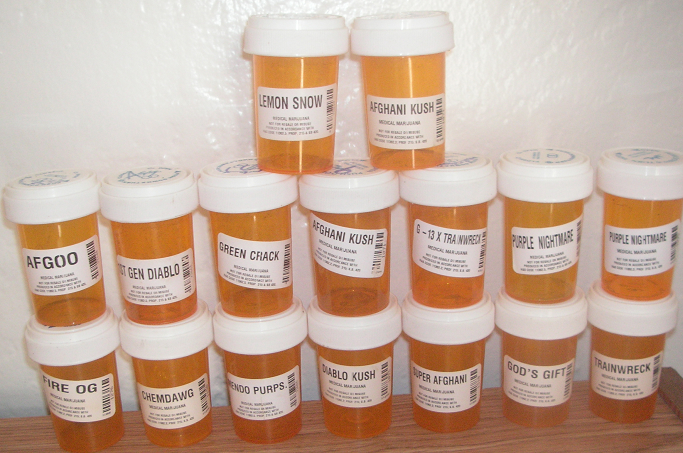




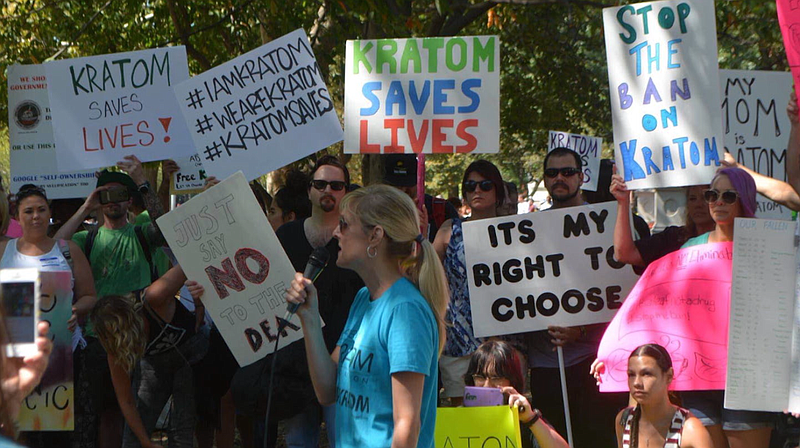

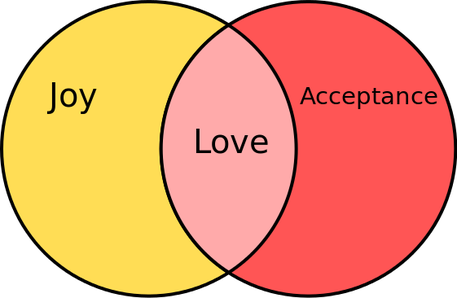
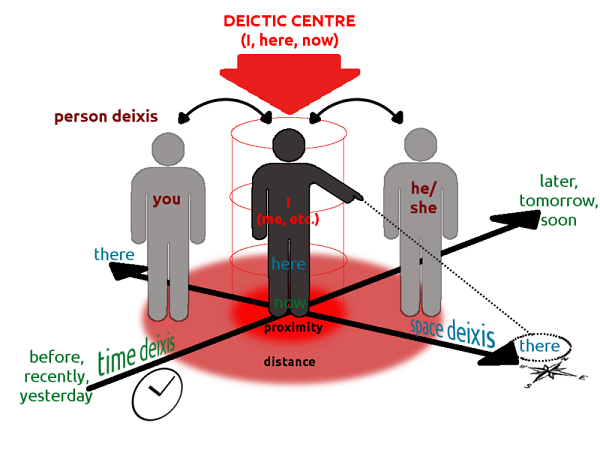
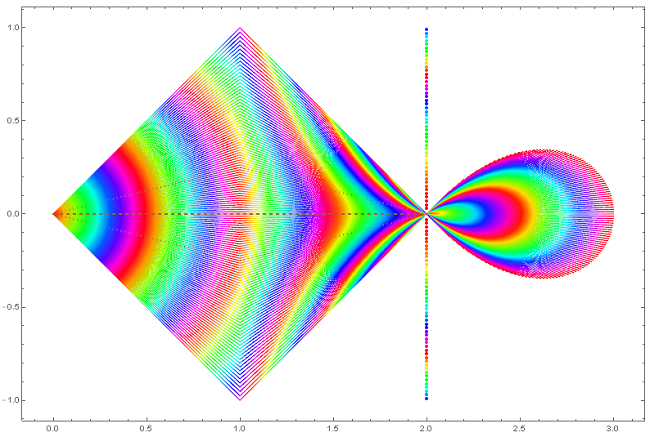
Recent Comments